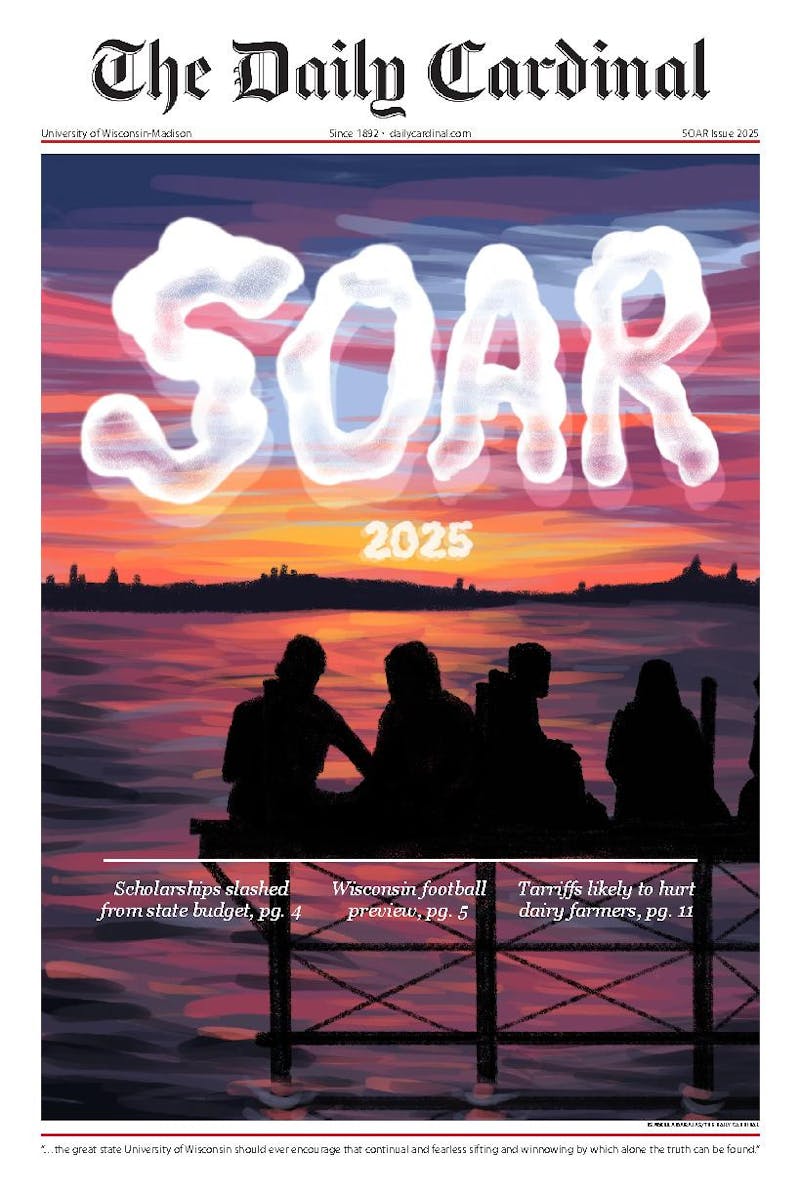A team of UW-Madison researchers has found a way to more easily identify brain cancer that could lead to earlier diagnoses and more effective treatment of the deadly disease.
UW-Madison associate professor of radiology Weibo Cai led the team that created an antibody to tag a specific gene that is highly active in glioblastoma multiforme, a particularly aggressive form of brain cancer, according to a university release.
The antibody attaches to the CD146 protein present in glioblastoma and, when mixed with a copper isotope, makes tumor cells light up in a PET scan.
Although so far the process has only been tested on mice implanted with human glioblastoma, it could be the first step in improving cancer treatment.
"We've created a tag that—at least in our mouse model—is highly specific for this aggressive brain cancer,” Cai said in the release. “If the technique proves out in further tests, it could be used to diagnose some strains of aggressive glioblastoma, and also to evaluate treatment progress or even to test potential drugs."
Other lethal forms of cancer, including ovarian, liver and lung tumors, could also be tagged with the team’s antibody. Cai said in the release he targeted cancers with the lowest survival rates, which are the most aggressive and are associated with higher levels of CD146 activity.
"Because this biomarker occurs in several other aggressive cancers, and is implicated in specific cellular processes that we know play a role in metastasis, these results could have far-ranging implications for improving outcomes in cancers for which there is currently much need for improvement," Peter Choyke, director of the Molecular Imaging Program at the National Cancer Institute, said in the release.
Cai stressed in the release that human trials are still years in the future, but his study also exhibited a faster, cheaper and easier system for creating antibodies that could benefit many other researchers.





